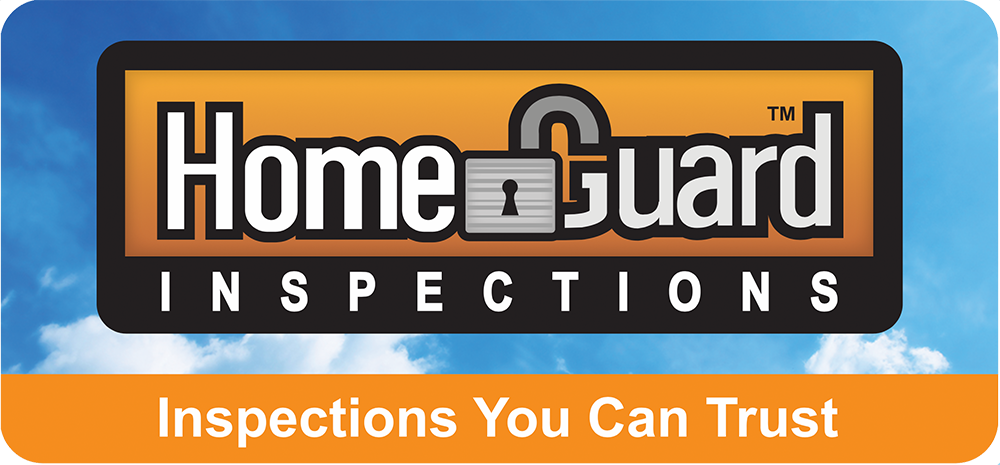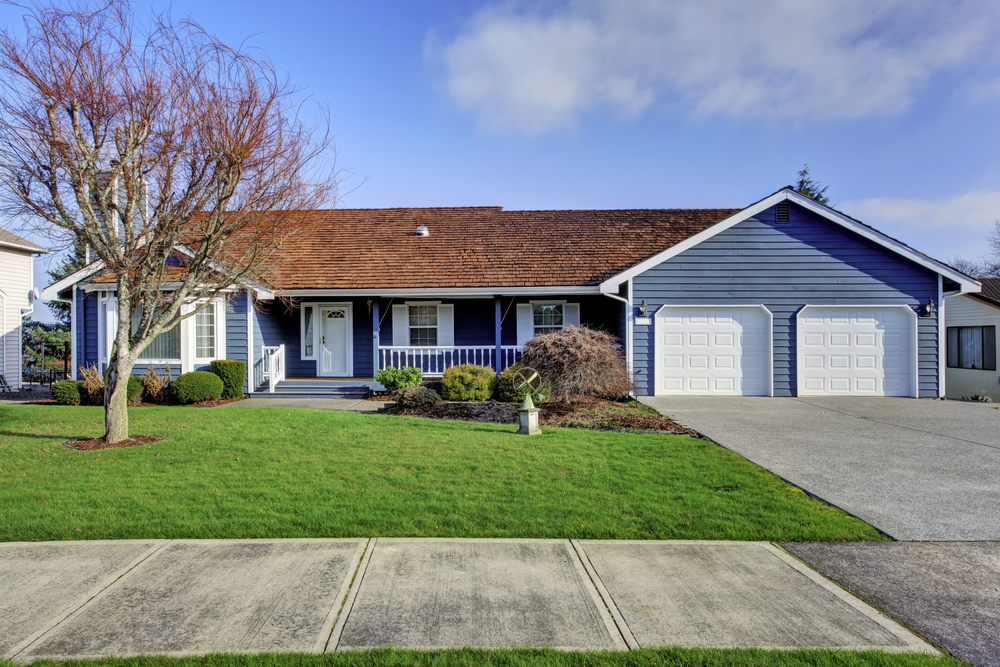If you are considering buying a house with aluminum wiring, it’s important to understand the risks associated with owning a home with aluminum wiring and take steps to address them. In this article, we’ll discuss what you need to know about aluminum wiring and how to keep your home safe.
What is aluminum wiring and why was it used in homes in the past?
In the 1960s and 1970s, aluminum electrical wiring was used in many homes as an inexpensive alternative to copper. However, over time it has been discovered that solid-strand aluminum wiring can pose a safety hazard in your home because it tends to expand and contract with temperature changes. The expansion and contraction over a long period can lead to loose connections and potential electrical fires. Although aluminum wiring is still used today in some applications, it requires special considerations due to its tendency to overheat or lead to loose connections.
What are the risks associated with aluminum wiring in your home today?
The risks of having solid-strand aluminum wiring in your home can be the possibility of increased insurance premiums, challenges finding an insurance carrier, required electoral upgrades, or the risk of potential fire hazards. Increased insurance premiums would be due to the higher risk of electrical fires and the potential cost of repairing damages caused by such fires. Additionally, some insurance carriers may simply not cover a house with aluminum wiring due to the increased risk of electrical fires and potential liability for the carrier. Aside from the consideration of insurance, aluminum wiring in a home is can be considered a potential fire hazard because the wires can overheat and ignite surrounding materials, leading to electrical fires.
How can you tell if your home has aluminum wiring and what should you do if it does?
If you’re thinking about purchasing a home that was built during the 1960s or 1970s, there are a few ways you can seek to know whether the home has aluminum wiring. You can ask your home inspector, real estate agent, or seller for details about the home’s type of electrical wiring in regards to if it has aluminum wiring. Or you can look for visual signs by removing the dead front cover on the home’s electrical panel and look for aluminum where the wires connect to the breaker switches. If your home does have aluminum wiring, it doesn’t necessarily mean that it is unsafe; however, it is important to take safety measures and regularly inspect any aluminum wiring in your home and talk to an insurance provider about what additional coverage may be needed.
Taking steps to address aluminum wiring in your home – what are your options?
When it comes to dealing with aluminum wiring in your home, aside from the issue of insurability, there are a few options available. These options could involve either installing special connectors that are compatible with aluminum wiring or the use of a protective oxide inhibitor that can reduce the likelihood of having problems with the connections. Whichever path you take, choosing one of these options if important for safety reasons, as aluminum wiring is known for being prone to problems such as corrosion and becoming unsafe due to overheating.
Bringing It All Together
In conclusion, while purchasing a home with aluminum wiring has its drawbacks, it can be safe when dealt with properly, and by itself, shouldn’t be a reason to not purchase the home. However, It is important to educate yourself on the potential risks associated with aluminum wiring and take necessary precautions to ensure you can afford to insure the home and the home is safe for you and your loved ones.
HomeGuard Inspections™ offers home inspection and commercial property inspection services in the Salt Lake City metropolitan area from Ogden to Spanish Fork and Heber to Tooele. Contact us to request an inspection.

